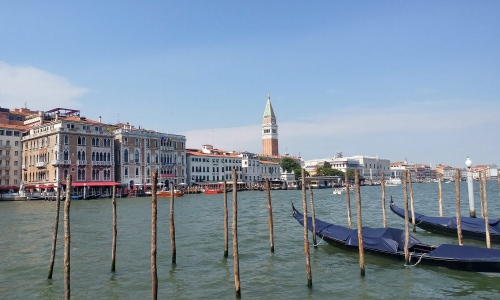Italy Entry Requirements
Travelling Documents
Please see all the related information and the necessary documentation to travel to Italy. Just like any other country, travelling to Italy is simple and easy. The documentation required, sometimes may vary based on your nationality.
Citizens of European Union countries (Germany, Austria, Belgium, Bulgaria, Cyprus, Denmark, Slovakia, Slovenia, Spain, Estonia, Finland, France, Greece, Hungary, Ireland, Latvia, Lithuania, Luxembourg, Malta, Netherlands, Poland, Portugal, United Kingdom, Czech Republic, Romania and Sweden) Switzerland, Iceland, Liechtenstein and Norway may enter Italy with their national identity card provided it bears a photo or their passport and do not require a visa.
Citizens of the following countries (Albania, Andorra, Antigua and Bermuda, Argentina, Australia, Bahamas, Barbados, Bosnia and Herzegovina, Brazil, Brunei, Canada, Chile, Colombia, Costa Rica, Dominica, East Timor, Grenada, Guatemala, Honduras, Israel, Japan, Macedonia, Malaysia, Mauritius, Mexico, Moldava, Monaco, Montenegro, Nauru, New Zealand, Nicaragua, Panama, Paraguay, Peru, Saint Kitts and Nevis, Salvador, Samoa, Saint Lucia, Saint Vincent and the Grenadines, San Marino, Serbia, Seychelles, Singapore, South Korea, Taiwan, Tonga, Trinidad and Tobago, United Arab Emirates, United States of America, Uruguay, Vanuatu, Vatican and Venezuela) do not need a visa to enter Italy for up to 90 days , but must have a valid passport.
Citizens of America do not need a visa to enter Italy for up to 90 days but must have a valid passport for at least six months after the departure date.
Citizens of Australia do not need a visa to enter Italy for up to 90 days but must have a valid passport for at least six months from the return date.
Citizens of New Zealand do not need a visa to enter Italy for up to 30 days in the country but must have a return ticket and a valid passport for at least three months from the return date. It must be noted that New Zealand also has certain bilateral visa waiver agreements with some of the countries that are included in the Schengen area.
Citizens of any countries which have not been included above, will require a Schengen (short-stay) visa in order to enter Italy or any other country included in the European Union. More information can be found on the website of the Ministry of Foreign Affairs of Italy.





